Mayor’s Blog 171 December was very ‘light’ on Mayoral duties, however those I attended were…
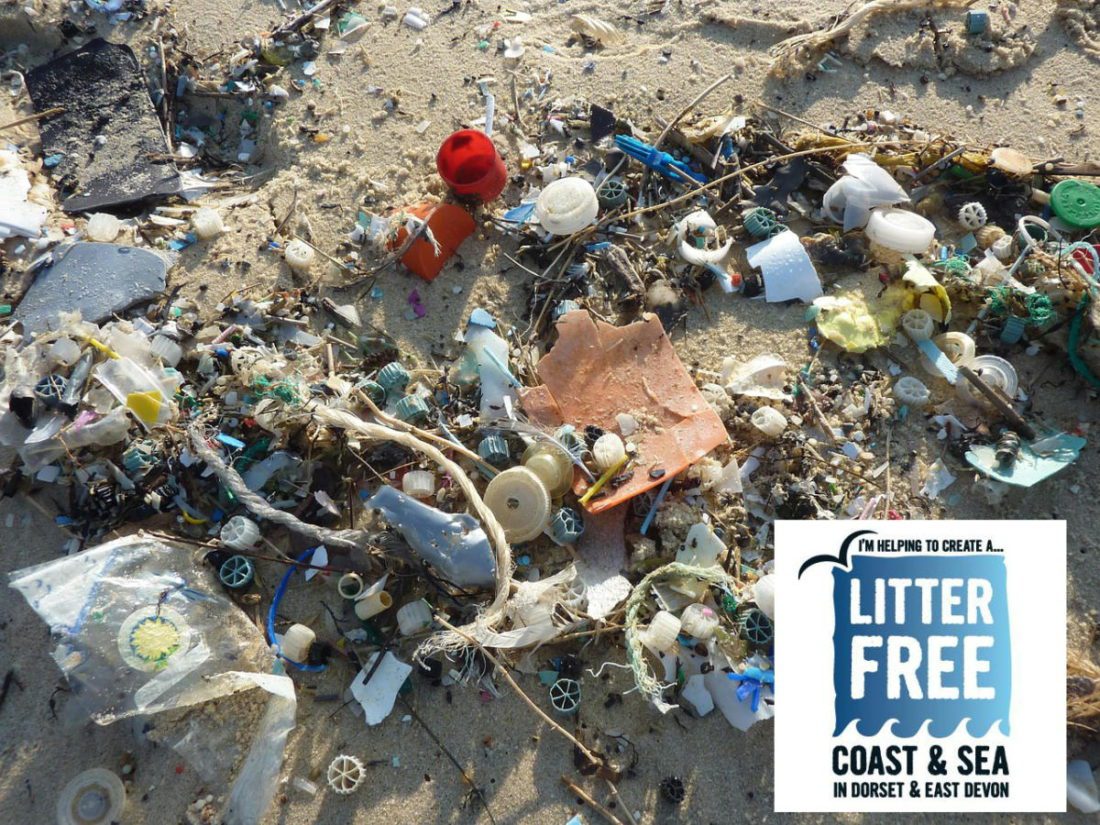
Mayor’s Blog – Plastic Free Bridport
Plastic Free Bridport
The 20th and 21st centuries have justifiably been dubbed the Plastics Age, such is the influence and ubiquity of this family of materials.
Plastics pervade all aspects of society. We clean our teeth with plastic toothbrushes, type on plastic keyboards, drink and eat food from plastic containers—it’s impossible to go through a day without encountering plastic of some kind.
But as we are becoming increasingly aware, our widespread adoption of plastics has not been without consequences to our health and the environment. Plastic pollutes our landscapes, oceans, air and bodies. It has even entered the fossil record.
It was for this reason that when I became Mayor of Bridport I set myself the target of achieving Plastic Free Community status for Bridport by the end of my term in office.
Plastic isn’t all bad is it?
No, it can be incredibly useful. Diabetics use it for their disposable syringes; arthritic patients have it for their replaced hips; and construction workers wear it to protect their heads. Without it we wouldn’t have computers, mobile phones or cars. Essentially, it is a vital part of our 21st Century lives.
The big problem is SINGLE USE PLASTICS and the quantities in which they are used. A plastic bag for instance is used on average for 15 minutes, yet could take up to 300 years too fragment.
Some plastic pollution facts and stats
In 1950, the world’s population of 2.5 billion produced 1.5 million tons of plastic; in 2016, a global population of more than 7 billion people produced over 320 million tons of plastic. This is set to double by 2034.
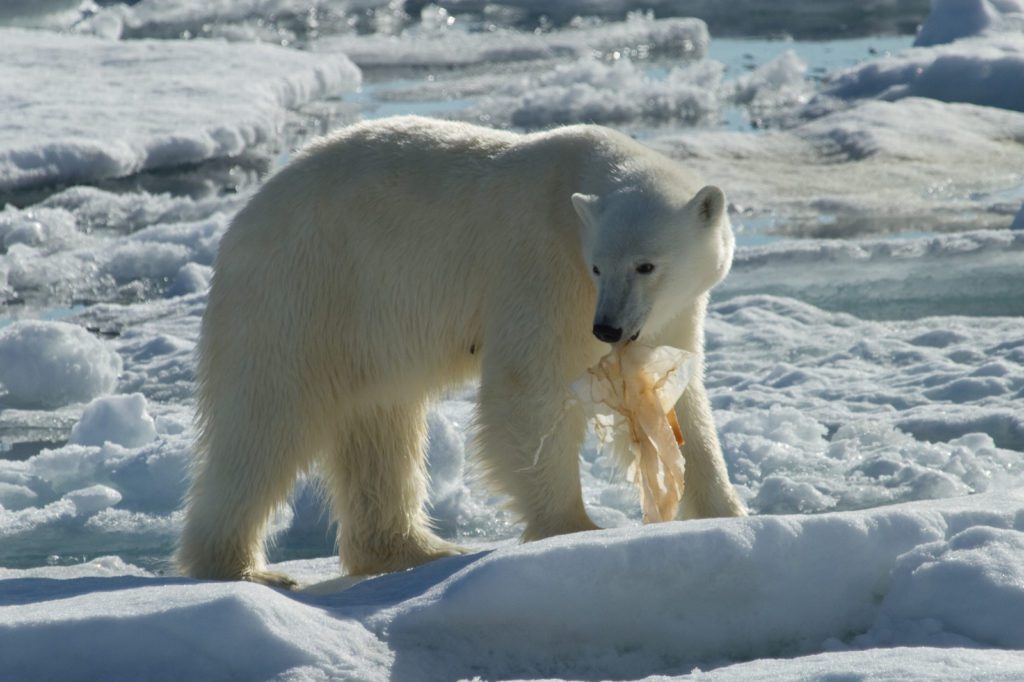
Plastic pollution can now be found on every beach in the world, from busy tourist beaches to uninhabited, tropical islands, scientists have recently discovered micro-plastics embedded deep in the Arctic ice – nowhere is safe.
Every day approximately 8 million pieces of plastic pollution find their way into our oceans.
Plastics consistently make up 60-90% of all marine debris studied.
Approx 5,000 items of marine plastic pollution have been found per mile of beach in the UK.
Over 150 plastic bottles litter each mile of UK beaches.
100,000 marine mammals and turtles and 1 million sea birds are killed by marine plastic pollution annually.
Plastic pollution in our oceans is the ‘new sewage’. Blighting our beaches and strangling our seashores, it reaches every part of our oceans. It is one of the biggest global environmental threats of our age and fighting it together must be a priority issue.
How can we combat the tide of plastic pollution?
Every person living and working in Bridport has a part to play in reducing the level of plastic pollution generated via their daily lives:
As Citizens:
We can make an effort to reduce or better still eliminate as much single use plastic from our day to day lives.
We can ensure that all plastics that enter our lives are disposed of in an appropriate manner. The empty crisp packet dropped on the pavement on the way to school will eventually find its way into the water system and become another piece of marine pollution.

On our daily walk to pick up our newspaper my wife and I pick up the ‘fast food’ litter discarded along our street. Sandwich packaging, sausage roll and pie wrappers, fizzy drink bottles, drinks cans, chocolate bar wrappers, etc, all casually discarded without a thought for the environmental impact they have. You could do the same on your street.
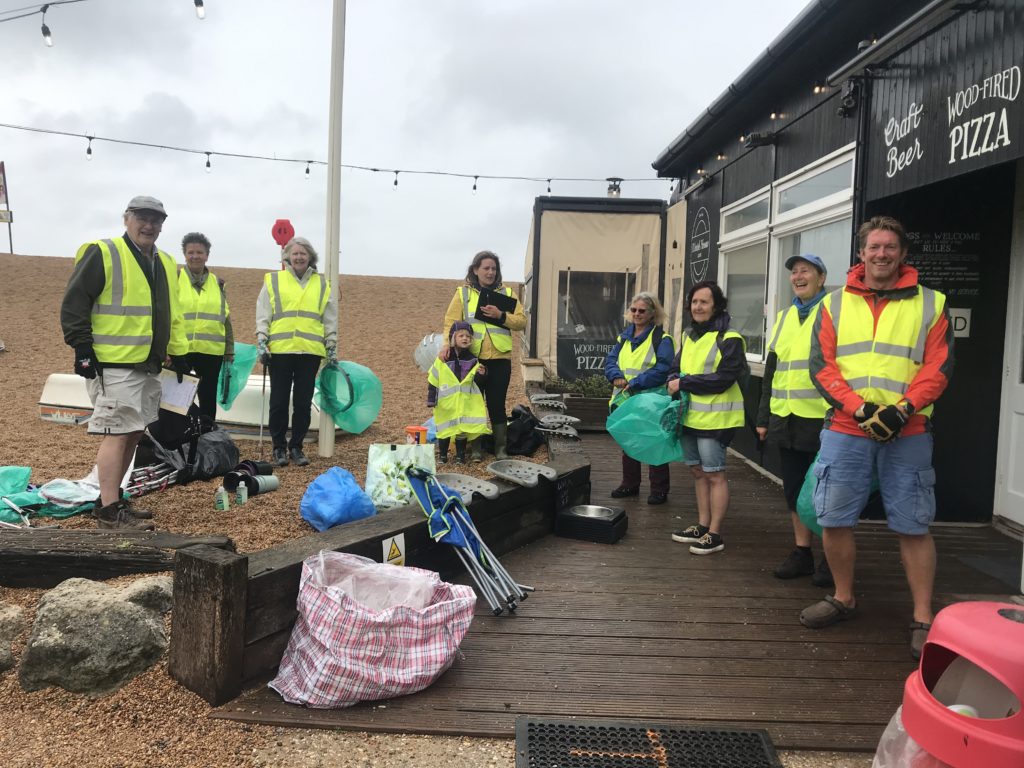
I have been a member of the West Bay Beach Clean group for 5 years. It is a shame that we have to carry out this task throughout the year. The sacks of rubbish we collect each time is not all down to our visitors leaving litter on the beach, local people can be equally irresponsible.
As Consumers:
We can consider whether there is an alternative to the plastic product we are considering purchasing e.g. a wooden scrubbing brush rather than a plastic one. There are lots of alternatives out there that are environmentally friendlier and ofter less expensive.
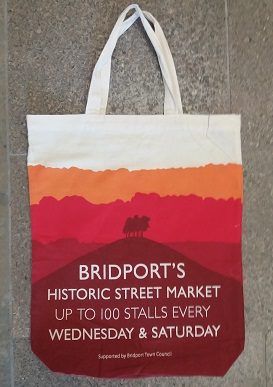
We can make simple lifestyle changes; use refillable drinks containers, use our own shopping bags, buy locally produced fresh vegetables, meat and fish instead of plastic wrapped and imported products etc.
We can buy our takeaway meals from the shop or kiosk that uses biodegradable cardboard rather than polystyrene packaging.
As Retailers:
We can consider what changes we can make to our practice to reduce the amount of single use plastic used to sell our products. Replacing plastic bags with paper, and encouraging customers to use their own bags is one easy step.
As Producers:
We can consider how we can encourage our workforce to reduce the amount of single use plastic they use when on site. The disposable plastic cup provided beside the water dispenser and hot drinks machine can be withdrawn enabling employees to either use their own or a company branded reusable cup.
We can consider whether all of the plastic packaging used to dispatch our products could be reduced or replaced with a more environmentally friendly alternative eg shredded card instead of bubble wrap.
We can consider how we dispose of the waste generated as part of the manufacturing or construction process. Segregated waste materials have a higher value that mixed; could a change of practice lead to an increase in profit margins?
Achieving Plastic Free Community status for Bridport
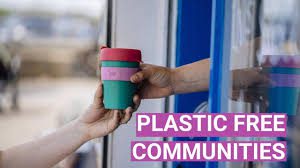
Plastic Free Communities is a movement to engage and connect individuals, communities and businesses in the collective effort to reduce the flow of single-use plastics into the marine environment. The key phrase here is ‘single-use’.
It isn’t about removing all plastic from our lives. It’s about kicking our addiction to avoidable, single-use plastic and changing the system that produces it. Wherever you are, whether it’s onshore or inland, high-tide or high-rise, city slicker or country lifer, you can join the fight against single-use plastic.
Over the coming weeks and months the Plastic Free Bridport team will be engaging with our community to move towards achieving the goal set.
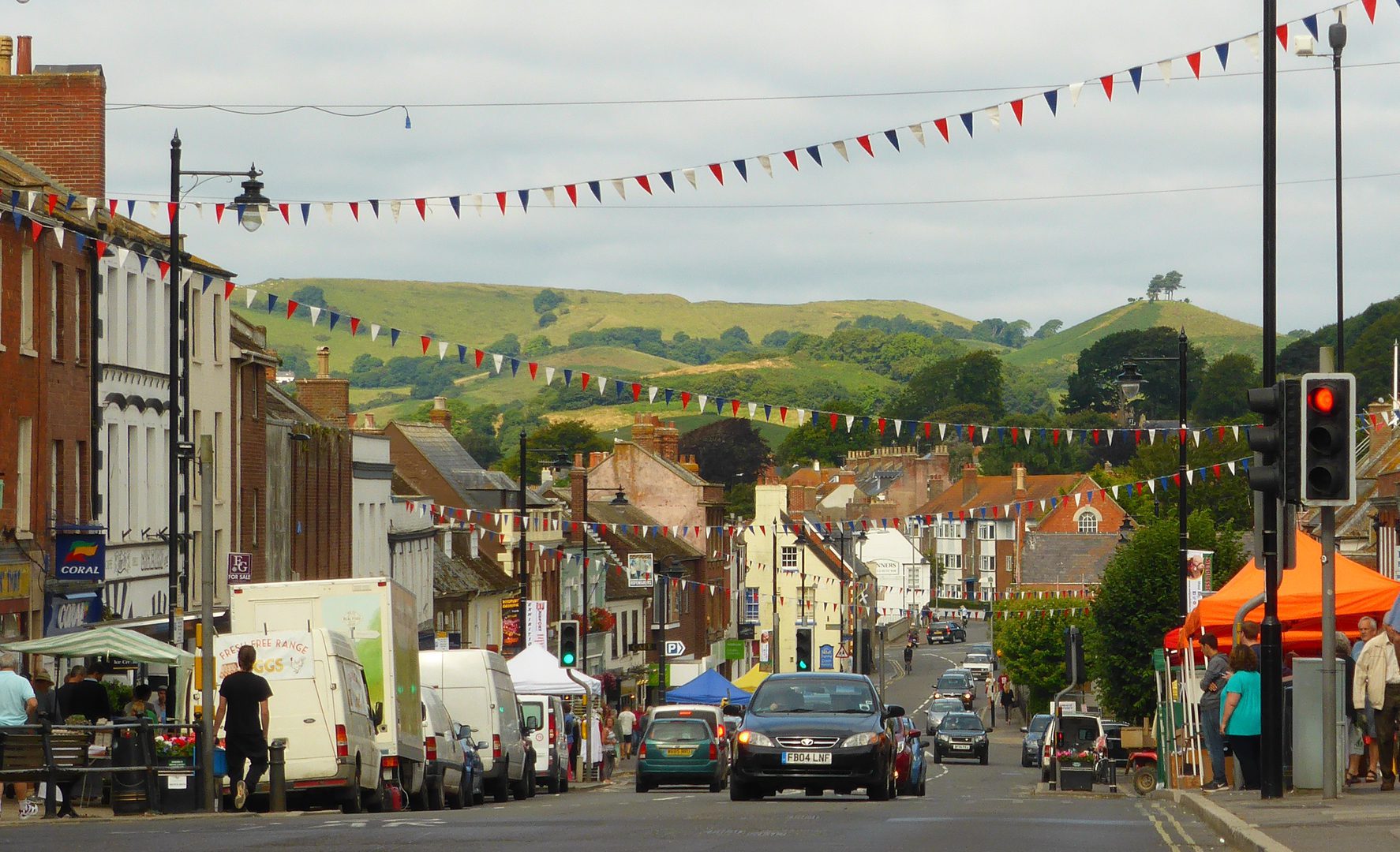


This Post Has 0 Comments